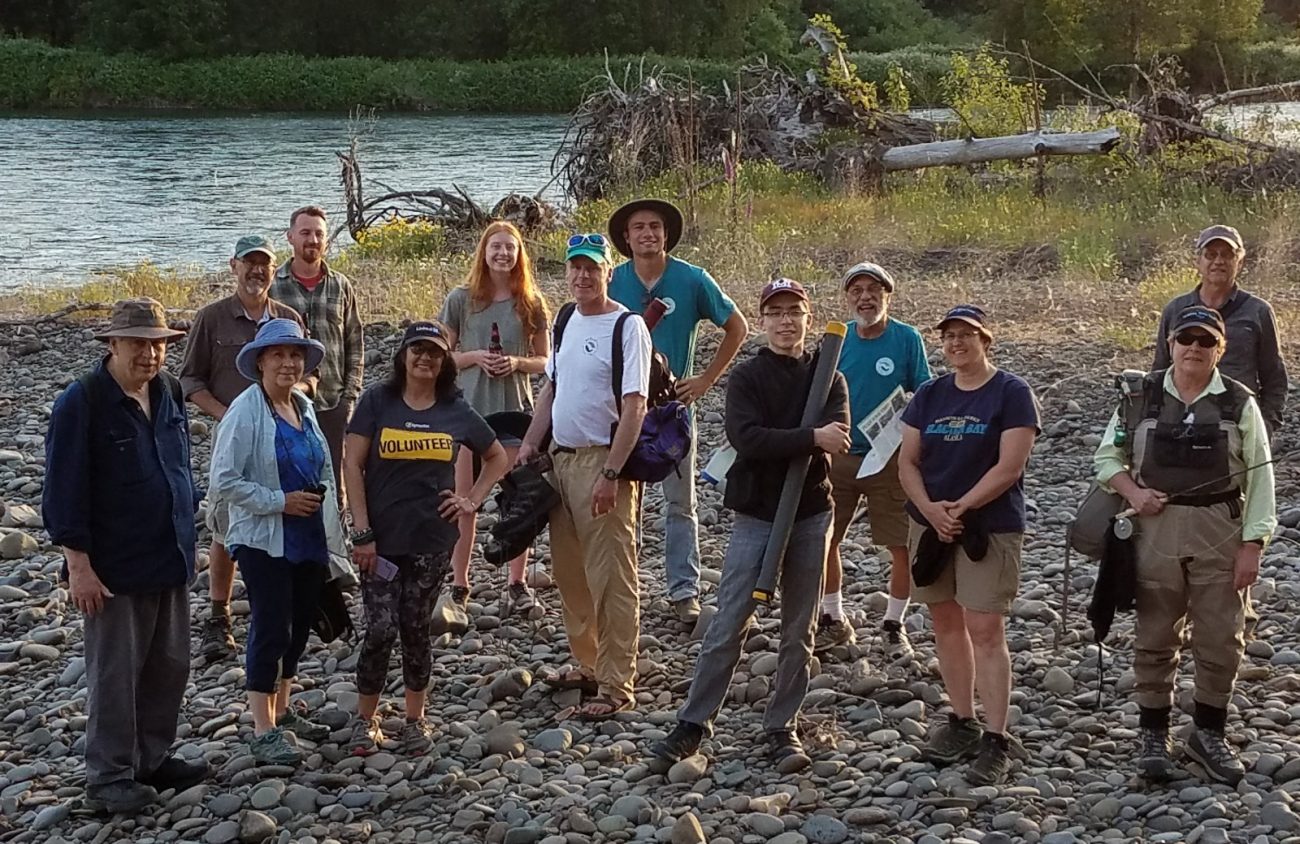Once again the wild swings of weather this winter and spring have our attention. We’ll hear chainsaws buzz for months as people clear away downed limbs and fallen trees, the result of unusual storms.
Wild swings meant something very different to me as a child of Midwestern suburbs, where a small woodlot was an oasis. In April 1974 those woods got hit hard by high winds and tornados. For months afterward we were wide-eyed explorers of the changes brought by that storm. We jumped and climbed and ran and swung Tarzan-like with abandon among that jumble of standing and fallen trees.
Basic kid wildness: It built strong bodies and a respect for the natural world, both its beauty and its destructive power. It built curiosity, imagination, problem solving. We learned to anticipate and prepare for change because we witnessed it, and weathered it.
In Oregon, wild swings in weather seem to be a new normal. Already in 2019, snows piled deep, rains continued, a melting heat wave struck, rivers hit flood stage, and we even had a couple of wildfires before this latest return to cool and damp. How can we be resilient in the face of all this uncertainty? How can we weather these wild swings?
At a time when remarkably addictive virtual worlds enchant and keep us indoors, simply getting outside to explore the natural world can do wonders. Saturday, June 1, this year there will be collective celebrations of that exploration across the state. The governor’s office calls it Outdoor Recreation Day. The Coalition of Oregon Land Trusts (COLT) layers on Get Outdoors Day. Come join us at Green Island to see what a living river acts like when floodplains are connected; head to the Willamette Confluence to see how birds respond to the return of a forest; or find other activities planned around the state.
We kind of fall over ourselves with branding sometimes, again a nod to the enchantments of the information age. In an organized celebration or not, wherever you are in Oregon, or anywhere for that matter, breathing and touching and exploring the natural world make us better, more resilient people.
I was extremely fortunate to have that small woodlot in my childhood — just as we are fortunate here in western Oregon to have such a wealth of clean water, extensive forests and rich soils. But we recognize that in a generation this place could appear very different. More people, more demands on land and water, more wild swings in weather. All of this will test the resilience of our communities. Protecting and caring for lands and rivers now will help our children’s children better weather with those changes.
When kids join us for a natural history tour or volunteer to plant trees, I am reassured that this work is alive. Their curiosity, their energy, their unrestrained playfulness reminds me that beneath our concerns and anxiety, the wildness of our human nature will help us care about, and care for, these special places.
Let’s provide them a sense of certainty that we were looking ahead. That we imagined their children swinging wildly across forests and fields and rivers. That we believed these places should remain to nurture them, just as they have sustained us.
Joe Moll is Executive Director of McKenzie River Trust.
